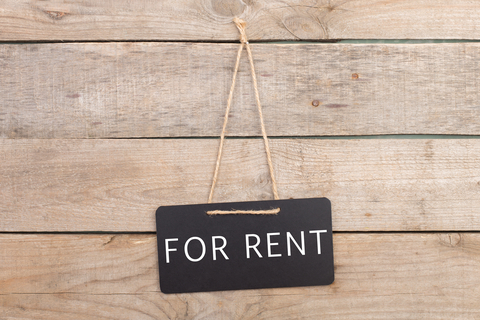
Secondary or garden suites are becoming more popular among homeowners, both as a form of income and as a way to provide an affordable rental property. New and renovated homes may even come complete with a connected or detached suite, part of a growing trend among new homebuyers. Mortgage and rental payments are significant part of almost everyone’s budget, so it is understandable why people enjoy having a way of easing this burden for themselves and others. Still, there can be serious consequences if an additional suite is not properly insured. Keep reading for Capital Insurance Brokers’ comprehensive guide to insuring a secondary or garden suite.
Secondary and Garden Suites: Defined
Every municipality has its own rules and regulations that govern the legal definition of a secondary or garden suites. Typically, secondary or garden suites are described as self-sufficient residences on the same land title as a primary residence. Secondary suites are most commonly located in the basement or an upper floor; garden suites are usually detached from the primary residence. Keep in mind that municipal zoning laws must be followed and you may even have to clear it with your neighbours before adding a tenant to such suites.
Recently, secondary and garden suites have come up in the news– since then, they are more scrutinized and regulated than ever. There may be rules that control structural specifications, HVAC systems, suite entrances and even parking requirements. These standards may have outdated your existing suite or plans to add one– always verify that your property meets the appropriate building codes.
The Importance of Disclosure
Failing to disclose your secondary or garden suite to your municipality and insurer can lead to extremely expensive consequences. If your property comes under close examination from city officials, any failure to meet regulations could result in fines, eviction of your tenants or even the demolition or renovation of the suite.
Often, homeowners will avoid reporting a secondary suite because it could mean losing essential income or a helpful living situation. Even if the suite is technically illegal by municipal standards, it is in your best interest to disclose it to your insurance broker. It is an insurer’s job to assess the risk you are taking on as a homeowner, so being transparent means you could still be covered in the case of a claim. Coverage could even include reimbursement for lost rental income!
Insuring a Secondary or Garden Suites
As stated above, it is critically important to insure your secondary or garden suite with the appropriate coverage. As with any insurance policy, the purpose is to protect the property owner should anything happen to damage the suite. In the case of secondary residences, insurers must estimate the risk of additional accidents caused by tenants. Your premium as the primary resident may end up being higher, but this means you are better protected.
Of course, your tenants should also consider purchasing a renters’ insurance policy— where your coverage ends, theirs will pick up the slack. As we said above, with tenants to consider you may need additional insurance for lost rental income and your renters may need their insurance to cover accommodation expenses in the case the suite becomes temporarily uninhabitable. If damage in the suite could impact you as a primary resident, displacement costs are something the you may need to also consider.
As you can see, there are many serious considerations to assess if you plan to add a secondary or garden suite– or if you hope to rent out an existing one. Do you have questions about applicable insurance policies? Do you have concerns that your suite is not insurable? Contact or visit Capital Insurance Brokers today! Our friendly experts are standing by to walk you through the realities of insuring a secondary or garden suite. We can offer help, guidance and advice whether you own or rent.

